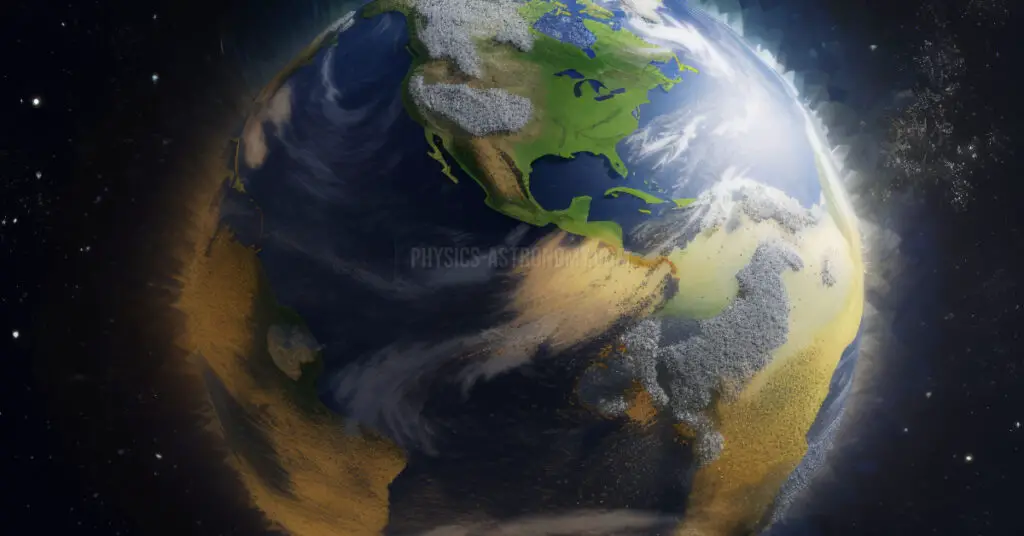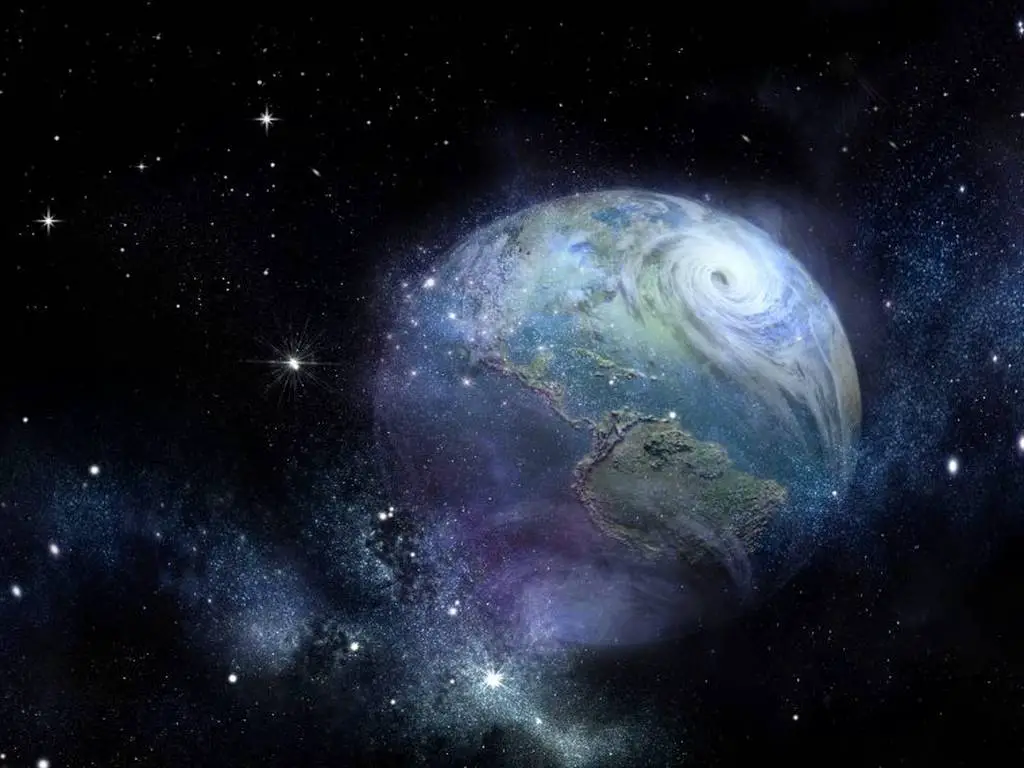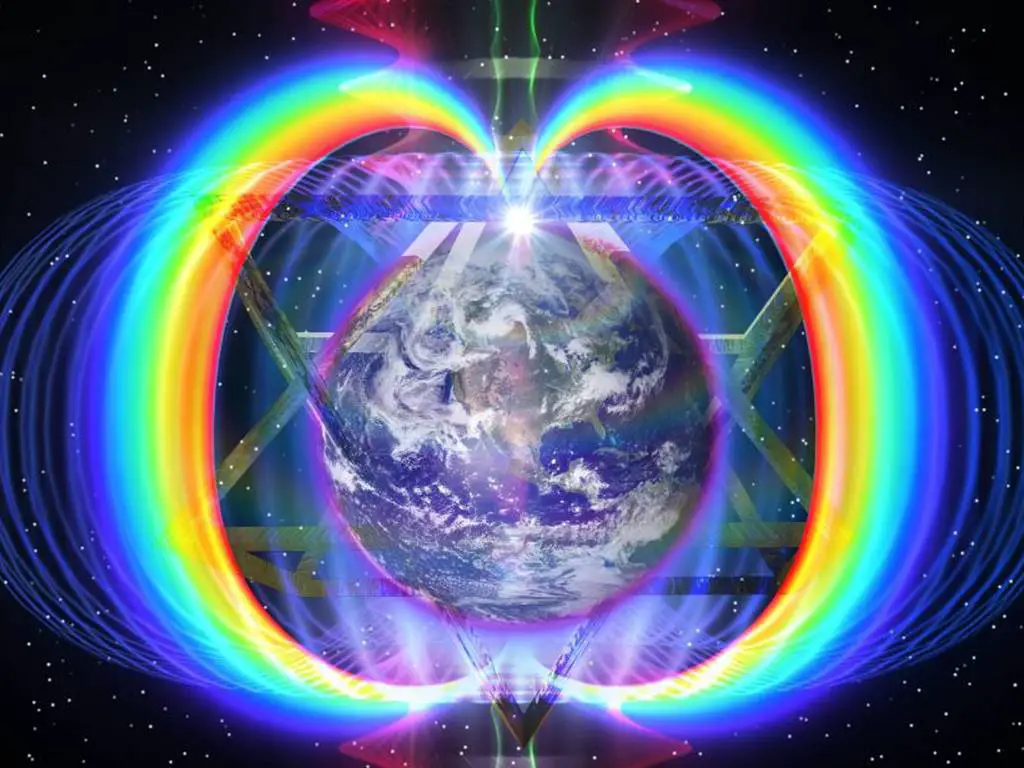In the realm of scientific exploration, the Gaia hypothesis has sparked significant intrigue and debate.

This revolutionary concept suggests that planet Earth operates as a single, interconnected organism, where all living beings and their environments form a complex and self-regulating system.
Table of Contents
Introduction:
Coined by renowned scientist James Lovelock in the 1970s, the Gaia hypothesis challenges conventional thinking about the relationship between life and its planetary environment. This article delves into the intricacies of the Gaia hypothesis, explores its scientific underpinnings, and examines its implications for our understanding of Earth as a living superorganism.
Unraveling the Gaia Hypothesis: A Paradigm Shift in Ecological Thinking
The Gaia hypothesis proposes that Earth is not merely a lifeless rock supporting life but an integrated and self-regulating entity. The term “Gaia” originates from Greek mythology, referring to the ancient goddess personifying the Earth. Lovelock’s hypothesis presents an alternative perspective, suggesting that Earth itself exhibits characteristics of a living organism.

Gaia: A Dynamic Self-Regulating System
The reference article provides an in-depth analysis of the Gaia hypothesis, exploring its scientific foundations. It outlines the concept of Earth as a self-regulating system, where living organisms and their environment maintain a delicate balance, allowing for the sustenance and evolution of life. The reference article highlights key findings and research that support the Gaia hypothesis, emphasizing the intricate interconnections between biological, geological, and atmospheric processes.
NASA Spacecraft Hears A Strange “Hum” From Beyond The Solar System
Scientists Discover ‘Secret Symmetries’ protecting Earth from the chaos of space
The Gaia Hypothesis in Action: Homeostasis and Feedback Mechanisms
A fundamental principle of the Gaia hypothesis is the presence of homeostasis, a state of equilibrium that allows the planet to maintain stable conditions conducive to life. Feedback mechanisms, both positive and negative, play a crucial role in regulating Earth’s systems. These mechanisms ensure that any disturbances or changes are counteracted, helping the planet adapt and sustain the delicate balance necessary for the continuity of life.
Gaia and the Biosphere: A Symphony of Life
The Gaia hypothesis recognizes the biosphere—the zone where life flourishes—as a critical component of Earth’s living superorganism. From microorganisms to plants, animals, and humans, all organisms interact with their environment, exchanging vital elements and energy. This intricate web of life forms a symphony of interdependent relationships, working harmoniously to support the collective survival and thriving of the biosphere.

Gaia and Earth’s Climate: A Coordinated Dance
Climate plays a significant role in the Gaian perspective, as it impacts the stability of Earth’s systems and the distribution of life. The reference article sheds light on the intricate connections between Gaia and climate, highlighting how Earth’s living organisms, such as plants and algae, actively participate in regulating atmospheric composition and temperature. The balance between greenhouse gases and other climatic factors is influenced by the intricate interactions within the biosphere.
Gaia and Human Interactions: Our Responsibility as Stewards
As conscious inhabitants of Earth, humans hold a unique position within the Gaian framework. Our actions, choices, and impact on the planet play a pivotal role in shaping the health and longevity of Earth’s living superorganism. The Gaia hypothesis calls for a shift in our perception of the planet, emphasizing the importance of environmental stewardship, sustainable practices, and the preservation of biodiversity.

Criticisms and Debates: Challenging the Gaia Hypothesis
No scientific hypothesis is immune to criticism, and the Gaia hypothesis is no exception. Skeptics argue against the notion of Earth as a living organism, citing the lack of clear mechanisms and empirical evidence to support the hypothesis. Some critics contend that the apparent self-regulation observed in Earth’s systems can be attributed to natural physical and chemical processes rather than a conscious, living entity. Additionally, the idea of Gaia as a single, unified organism faces challenges regarding the delineation of its boundaries and the mechanisms by which it functions.
Despite the criticisms, proponents of the Gaia hypothesis argue that it provides a useful framework for understanding the complex interactions between life and the environment. They point to various lines of evidence that support the idea of Earth as a self-regulating system. For example, the regulation of atmospheric composition by living organisms, such as the balance of oxygen and carbon dioxide, suggests a feedback mechanism that maintains a suitable environment for life.
Gaia and the Future of Earth: Implications and Applications
The Gaia hypothesis has far-reaching implications for our understanding of Earth’s past, present, and future. By recognizing Earth as a living superorganism, we gain insights into the fragility and resilience of our planet. The concept of Gaia prompts us to consider the long-term consequences of human activities on Earth’s systems, from the exploitation of natural resources to the effects of climate change. By embracing the Gaian perspective, we can adopt a holistic approach to environmental management and work towards sustainable practices that promote the well-being of both the planet and its inhabitants.
The Gaia hypothesis also has practical applications in fields such as ecology, conservation, and environmental policy. Understanding Earth as a living system encourages scientists and policymakers to consider the interconnectedness of ecological processes and the potential impacts of human actions on the planet’s health. By applying the principles of Gaia, we can develop strategies for biodiversity conservation, land management, and climate change mitigation that take into account the complex interactions within the biosphere.
Gaia and the Frontiers of Scientific Exploration
As our understanding of Earth and its interconnected systems continues to evolve, the Gaia hypothesis remains an intriguing avenue for scientific exploration. Researchers are delving into various aspects of Gaia, such as investigating the role of microbial communities in regulating global biogeochemical cycles, studying the potential influence of biodiversity on Gaian stability, and exploring the impact of human-induced changes on Earth’s self-regulation. Through ongoing research, scientists aim to unravel the complexities of Earth’s living superorganism and expand our knowledge of the interconnectedness between life and its environment.
Collaboration between scientific disciplines is crucial in advancing our understanding of Gaia. By integrating insights from ecology, geology, atmospheric sciences, and other fields, researchers can gain a comprehensive understanding of the intricate web of interactions that shape Earth’s systems. Furthermore, interdisciplinary collaboration fosters dialogue between scientists, philosophers, and scholars, leading to a more holistic and integrated understanding of the Gaia hypothesis and its broader implications.
Conclusion:
The Gaia hypothesis challenges us to reimagine Earth as a living superorganism, where all elements of the biosphere are interconnected and contribute to the planet’s self-regulating systems. Despite criticisms and debates, the hypothesis has sparked profound discussions and inspired new avenues of scientific exploration.
By embracing the Gaian perspective, we gain a deeper understanding of the delicate balance that sustains life on Earth and our responsibility as stewards of the planet. The Gaia hypothesis encourages us to strive for sustainable practices, environmental stewardship, and a harmonious relationship between humanity and nature. As we continue to uncover the complexities of Earth’s living superorganism, interdisciplinary collaboration and further scientific exploration will contribute to expanding our knowledge and understanding of Gaia and its implications for the future of our planet.
Ongoing research and exploration into the Gaia hypothesis hold the potential to shed light on critical questions about Earth’s systems and their interconnections. Scientists are investigating the role of microbial life in shaping planetary processes, studying the influence of biodiversity on the stability of Gaia, and exploring the intricate feedback mechanisms that maintain Earth’s homeostasis. By delving into these frontiers of scientific exploration, we can deepen our understanding of the complex interactions that sustain life on our planet.
The Gaia hypothesis also serves as a source of inspiration for technological innovations and practical applications. As we recognize the interconnectedness of Earth’s systems, we can seek solutions that mimic the self-regulating mechanisms found in nature. Biomimicry, for example, draws inspiration from Gaian principles to develop sustainable and efficient technologies that work in harmony with the planet. By emulating the resilience and adaptability of Earth’s living systems, we can strive towards a more sustainable future.
Moreover, the Gaia hypothesis holds profound philosophical implications. It challenges us to question our relationship with the natural world and our role as inhabitants of Earth. By perceiving the planet as a living superorganism, we are reminded of our interconnectedness and interdependence with all life forms. This perspective fosters a sense of responsibility and stewardship towards the environment, encouraging us to make choices and take actions that support the well-being of the entire Earth community.
In conclusion, the Gaia hypothesis presents a paradigm-shifting perspective on the nature of our planet. By viewing Earth as a living superorganism, we gain insights into the intricate web of interactions that sustain life and maintain the delicate balance of our biosphere.
While facing criticisms and ongoing scientific debates, the Gaia hypothesis has inspired profound discussions, interdisciplinary collaborations, and scientific exploration. By embracing the Gaian perspective, we can deepen our understanding of Earth’s interconnected systems, foster sustainable practices, and promote a harmonious relationship between humanity and the natural world. Through ongoing research, technological innovation, and philosophical contemplation, we can continue to unravel the mysteries of Gaia and strive towards a future where the well-being of our planet and all its inhabitants are upheld.
Reference(s):

